Conflict of Interest Policy
Issued under Article XII of the Bylaws of The Neutrals Organization
Conflict of Interest Policy
1. Purpose
This Policy establishes the principles and procedures to identify, disclose, and manage actual, potential, or perceived conflicts of interest among Certified Neutrals, Fellows, institutional partners, and all persons acting on behalf of The Neutrals Organization (“the Organization”).
Its aim is to preserve independence, impartiality, and credibility – the foundations of the Certified Neutral designation.
2. Scope
This Policy applies to:
Certified Neutrals, Senior Neutrals, and Fellows;
Members of the Independent Certification Board, Ethics Council, or any adjudicatory body of the Organization;
Consultants, contractors, or partners representing the Organization;
Any individual involved in case referrals, evaluation, or disciplinary matters.
3. Definition
A Conflict of Interest arises when a person’s personal, financial, or professional interests could improperly influence — or appear to influence — their independent judgment, decisions, or actions taken in their capacity with the Organization.
Conflicts may be:
Actual: a current competing interest exists;
Potential: a possible conflict may arise in the future;
Perceived: circumstances create a reasonable appearance of conflict, even if none exists in fact.
4. Guiding Principles
All representatives of the Organization shall:
a. Act with independence, integrity, and transparency at all times;
b. Avoid situations that compromise or appear to compromise impartiality;
c. Promptly disclose any conflict to the designated authority;
d. Abstain from decision-making or case involvement where a conflict exists;
e. Maintain confidentiality of all related matters.
5. Common Examples
Conflicts of interest may include (but are not limited to):
Professional or financial relationships with a party involved in a dispute or evaluation;
Accepting gifts, favors, or benefits from individuals or entities seeking favorable treatment;
Serving simultaneously in a capacity that affects impartial judgment (e.g., both Neutral and counsel in related matters);
Personal, familial, or business relationships influencing decisions;
Holding financial interests in organizations directly affected by the Organization’s activities.
6. Disclosure Requirements
a. All applicants for certification shall disclose any known conflicts as part of their application.
b. Certified Neutrals must update their conflict declarations annually or whenever circumstances change.
c. Members of the Independent Certification Board or any adjudicatory body must declare conflicts before deliberations or case assignments.
Disclosures should be made in writing to the Compliance Office at:
📧 compliance@theneutrals.org
7. Management of Conflicts
Upon disclosure, the Organization may:
Accept the disclosure and allow participation with safeguards;
Require recusal from specific decisions or cases;
Impose conditions or monitoring measures;
Suspend or reassign responsibilities;
Initiate disciplinary review if nondisclosure or misconduct is found.
All decisions shall be documented and maintained in confidential records by the Compliance Office.
8. Failure to Disclose
Failure to disclose a conflict of interest constitutes a violation of the Code of Ethical Conduct and may result in disciplinary action including suspension, revocation of certification, or removal from panels.
9. Periodic Review and Audit
The Ethics & Compliance Office shall conduct periodic reviews of conflict disclosures and report annually to the Executive Board on compliance levels and corrective actions.
10. Effective Date
This Policy takes effect on 1 January 2025 and supersedes all prior conflict of interest provisions.
Issued by:
Ethics & Compliance Office
The Neutrals Organization
www.theneutrals.org



